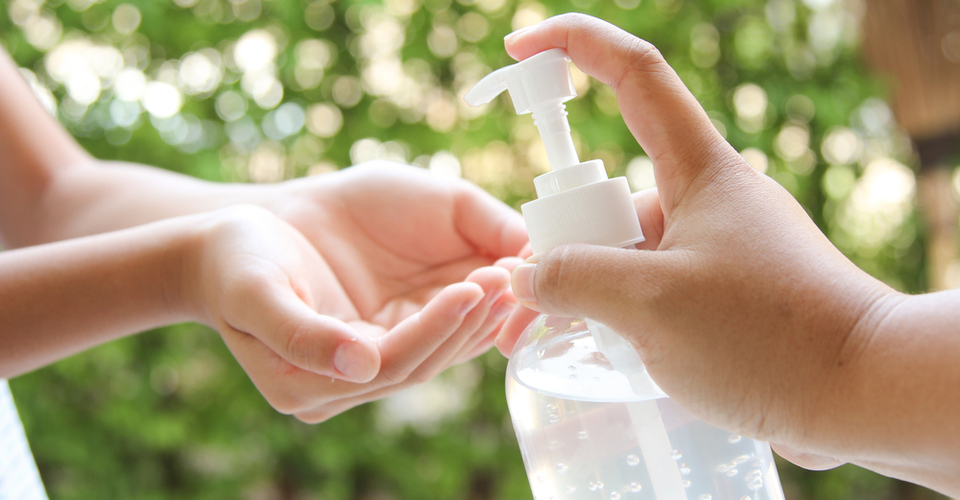By Caitlin See, Authorized HSI Instructor
Since it’s National Poison Prevention Week, I wanted to use my own experience with calling Poison Control to help others feel more at ease about using this free service. I hope it also serves as a cautionary tale for parents and caregivers who might have overlooked a household danger that has become more common due to COVID-19: hand sanitizer.
Our hand sanitizer scare
Last week, my husband and I woke up to the sounds of coughing coming from our bathroom. I found my toddler hiding under our bathroom counter… eating hand sanitizer.
Now, we’ve taken just about every precaution when it comes to kid-proofing our home. But honestly, it never occurred to us that our daughter might decide to consume hand sanitizer. It’s not something we kept in our home until the pandemic hit. But since my husband is a law enforcement officer, we keep a small stock, so he doesn’t have to worry about running out while on patrol.
In hindsight, I can see how our pocket hand sanitizers scream “EAT ME” to our toddler. They’re perfectly her size, they’re colorful and some even have fun pictures on the front (like the snowman themed one she chose to consume).
She appeared to be fine, but I wasn’t sure what to do. I couldn’t get ahold of our primary care provider. So, I called poison control at 1-800-222-1222.
At first, I was a little embarrassed by the situation. But I remembered HSI’s curriculum detailing that Poison Control centers get millions of calls each year and that they’re open 24-7.
I was connected to a medical expert within seconds. No waiting for my doctor to call me back or panicking to rush her to a clinic to be evaluated.
She assessed the situation based on how much hand sanitizer was consumed and my daughter’s weight. Fortunately, we were within a “safe” amount since I was able to stop her from consuming the remaining contents of the bottle. But we needed to monitor her for other symptoms (e.g. vomiting and diarrhea).
Additionally, she provided us with guidance in case our daughter fell asleep since the hand sanitizer could cause drowsiness and she could be at risk for vomiting. She also gave us a window of time that we needed to closely monitor our daughter, which helped reduce our stress for the remainder of the day.
Other than some drowsiness that isn’t normal for that time of day, our daughter was running and playing with no issues within a couple of hours.
The entire conversation took less than five minutes. The call-taker was very knowledgeable and non-judgmental. And the call was free and convenient.
Ultimately, calling Poison Control gave us peace of mind in a situation that we weren’t prepared for.
What to expect when calling Poison Control
You can call Poison Control or use the free webPOISONCONTROL® tool via poison.org or by downloading their app.
Be prepared to provide a general overview of the situation. Make sure you have access to the medication, chemical or household product container, so you can answer any specific questions. In my case, I provided the exact alcohol content of the hand sanitizer and the size of the bottle.
You might be asked questions related to the age and weight of the patient, the presence and description of any symptoms, and the health history of the patient.
All calls are confidential, and each call is documented as a medical chart. Therefore, you’ll also be asked to provide identifying information, including the name, phone number and zip code of the patient, as well as your relationship to the patient.
There’s no such thing as calling too often. And you can call for general questions about poison, too. It doesn’t have to be in the middle of a poison emergency.
So, don’t hesitate to call if you have any concern at all.







.png?width=600&name=HSI-CTA-EmergencyCareTraining%20(1).png)











Comments